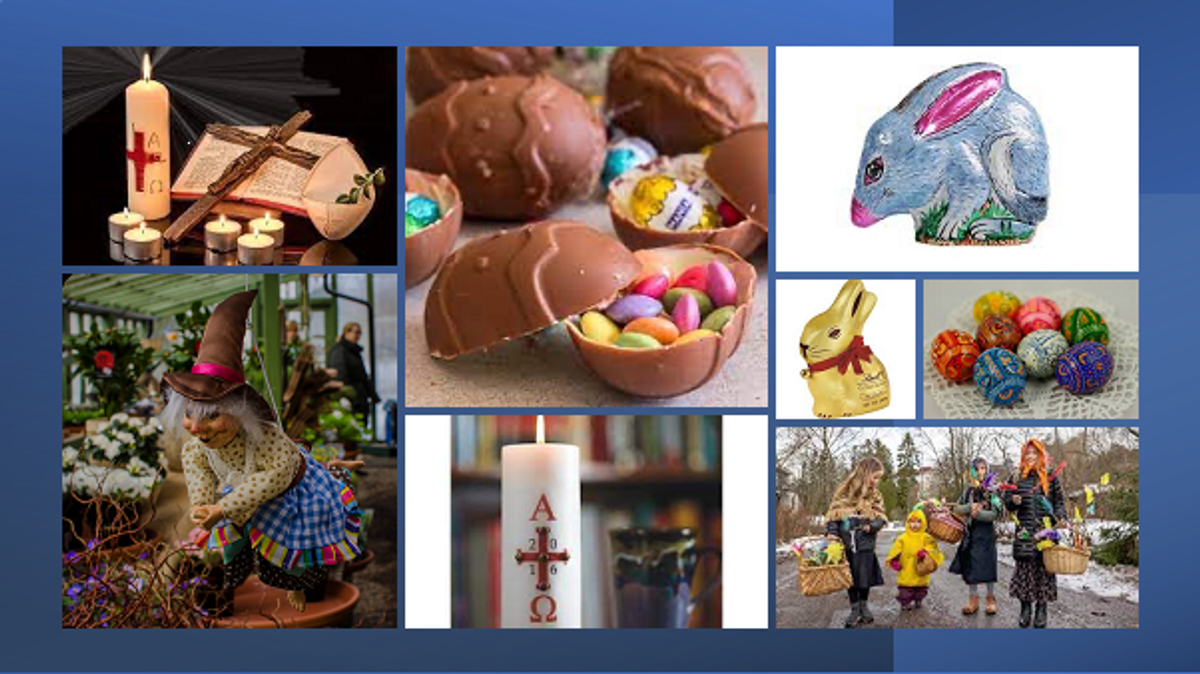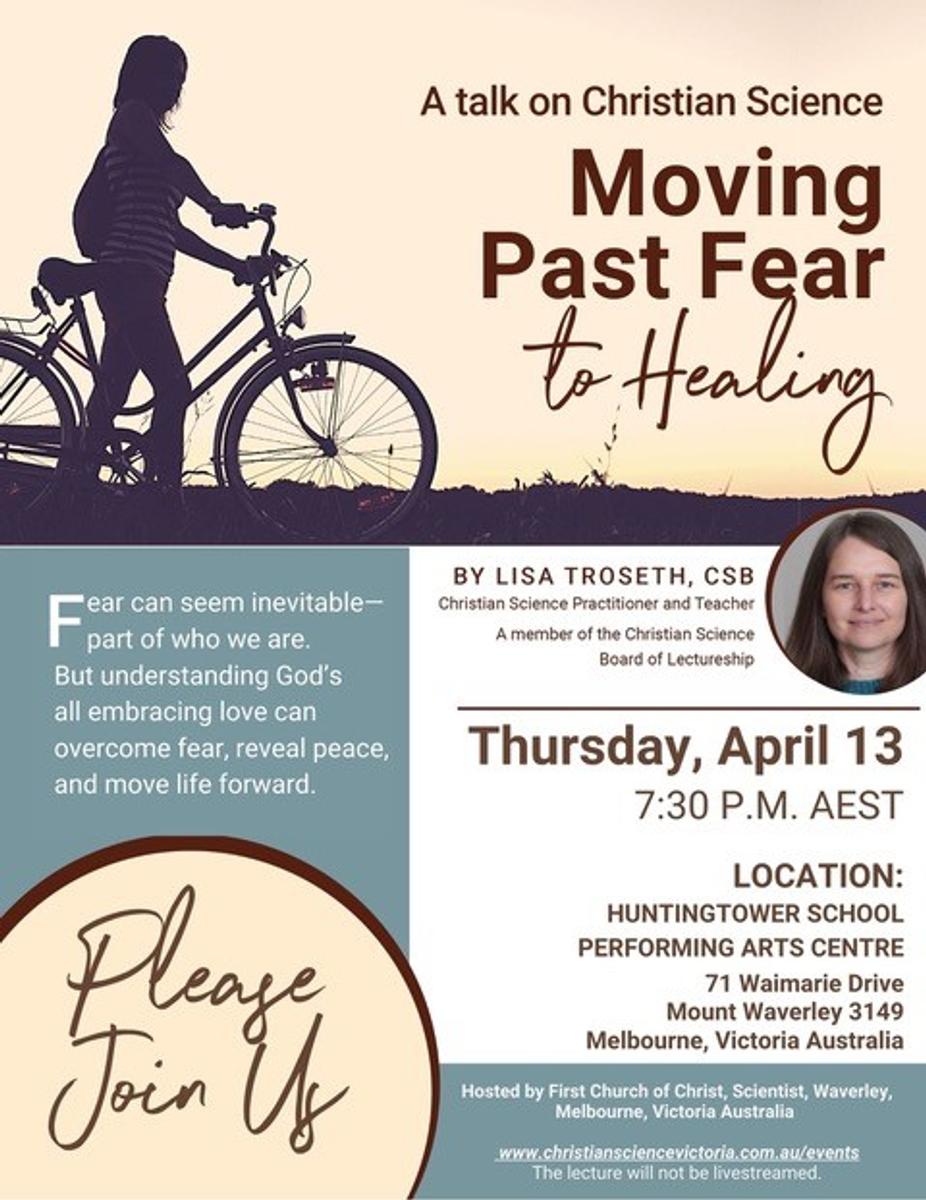From the Chaplaincy
Easter Gladness

From the Chaplaincy
Easter Gladness
Let us sing of Easter gladness
That rejoices every day
Sing of hope and faith uplifted
Love has rolled the stone away
CS Hymnal
With the holidays ahead of us, we are all very excited about what awaits as we leave school this afternoon. I wonder if in our rush to embark on whatever our holiday plans may be, we forget to take the time to consider what sits at the heart of these holidays.
You know, I have lived in 4 different countries with primary faiths covering Islam, Buddhism and Christianity. In each of these countries, either or both, Good Friday or Easter Sunday has been a public holiday. It is an occasion marked by millions across the globe, embracing cultures and people from all walks of life.
What is Easter to you and how do you celebrate it?
It may mean eggs, hot cross buns, church services, family dinners or chocolate bunnies.
The tradition of Easter has been celebrated for many hundreds of years. The Earliest Easter occurred at the same time as the Jewish Passover.The emperor Constantine wanted to separate Christianity from Judaism so at the Council of Nicea he was the one who decided Easter was to be celebrated on the first Sunday after the first full moon of the Spring Equinox.
The origin of the word Easter is not clear, but a few theories are that it comes from the Anglo-Saxon: Eeostre: a Teutonic goddess of spring and fertility or the Norse: Eastur or ostara: “the season of the growing sun, or ‘the season of new birth’.
There are reasons for the images and things we associate with easter. Take for example, Rabbits. Rabbits and all those bunnies. In the northern hemisphere, Easter comes during the spring and celebrates new life. The Hare is also an ancient symbol for the moon. There are similar associations around eggs. Many ancient cultures viewed eggs as a symbol of life.


In the 4th Century people presented eggs in church to be blessed and sprinkled with holy water. It is believed the giving of eggs at Easter was a tradition the crusaders brought back from the Holy Lands.
In 1290 Edward 1 of England ordered 450 eggs to be covered with gold leaf. These were then given to members of the royal household as gifts.
Easter eggs represent:
And what about Hot Cross Buns?
The pagan Saxons would bake buns marked with a cross at the beginning of spring in honour of the goddess Eostres. The cross represented the rebirth of the world after winter and the four seasons. In the 14th Century, Brother Thomas Radcliffe, from St Albans Abbey baked buns with a cross on them and distributed the buns to the local poor on Good Friday. These were called Alban buns. For some Christians, the cross represents the crucifixion of Jesus while the fruits and precious spices in the buns represent the health and prosperity his resurrection promises.
Other cultures follow their own traditions. In Scandinavia, children dress up as Easter witches, in parts of Northern Europe people light large bonfires and in Antigua, people cover the streets in colourful carpets made up of flowers, pine needles and plants.
The point is that around the world, people from all walks of life and cultures celebrate Easter.
So what is it exactly that we are ‘celebrating’? What should we be taking the time to pause and reflect on?
Let’s have a look at what the bible tells us about this.
The Gospel of Luke hints at the dark mockery that surrounded Christ’s crucifixion
Luke 23, 35-37
While the crowd stood there watching Jesus, the soldiers gambled for his clothes. The leaders insulted him by saying “he saved others. Now, he should save himself, if he really is God’s chosen Messiah!’
The soldiers made fun of Jesus and brought him some wine. They said, “If you’re the king of the Jews, save yourself!’
There is a lot of taunting and anger in this account. But the Easter story is about so much more than what happens on Good Friday. It is about Christ raising from the dead and the new life and opportunity this offers. Christ’s resurrection demonstrates that even in the darkest of times, when it looks like there is no way forward, there is still hope.
The Easter story is about hope and it is about love.
As John 4:18 states
There is no fear in love; but perfect love casts out fear,
When you are aware of love in your life, and you feel it touch you, then any fear you may feel is diminished.
This is what Easter reminds us of and is why Easter Sunday is such a joyous occasion.
It is testament to the power of hope, to the belief that things will get better, that new opportunities await.
As Mary Baker Eddy stated:
"I love the Easter service. It speaks to me of Life, and not of death."
Mary Baker Eddy, Miscellaneous Writings
The story of Easter does not end there though. We do not all head out to Coles or Woolworths and load up our trolleys with Easter Eggs only to sit down and eat them all ourselves. At Easter, we give each other gifts of eggs or chocolates. We attend church services and enjoy the holiday with others.
These practices tell us, that hope is not only something to be held, but also shared.
The giving of eggs, chocolate bunnies and the celebration of the day are a way of doing this. This is the tradition of Easter. Easter reminds us that we are not alone. That with Christ’s resurrection, God’s love and the love of all humankind is there for us. So when someone gives you an Easter treat over the next coming days. Try to remember what is really being gifted.
May you have a Happy Easter and safe holidays!
Shan Christensen
Deputy Principal
If you would like to hear more about the values on which Huntingtower is based you are invited to attend a free talk in the Huntingtower PAC Thursday 13th April 7:30pm hosted by the Christian Science Church Waverley.

